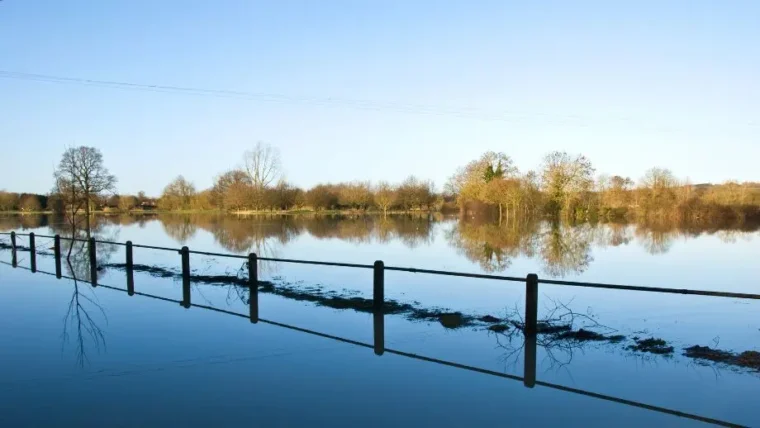Why is it important to stay within your trade effluent consent limits?
26 October 2016
The Importance of Trade Effluent Consent Limits
If you discharge effluent to the sewer system, you will need permission from your sewerage undertaker. You will be granted a consent, a legal document issued under the Water Industry Act 1991 allowing you to discharge trade effluent to the public sewer under enforceable conditions controlling the volume and quality of your effluent. This blog will look at the top three reasons to stay within those enforceable conditions. For a reminder on what to do if you have a discharge consent, see our previous blog.
- Legislation
Your discharge consent is a legal document. If you consistently breach the limits within that consent, your local water authority can take legal action against you. The aim of this is to punish the offender, prevent recurrence and act as a deterrent to others. The courts have considerable scope for prosecutions including unlimited fines and, under the right circumstances, imprisonment. In addition to a fine, offenders will be liable for the costs of investigation and Court proceedings incurred by the water authority. If it is not appropriate to prosecute, the water authority may issue you with a caution or warning. You should take these very seriously as they can be brought up if enforcement action is taken against you in the future. In very serious circumstances, you could be forced to stop operating and your business could be shut down.
- Clean up costs
If your discharge causes damage to the sewer system, the costs of repair may be recovered from you. In particular, discrepancies in the pH of your discharge can damage the drains and pipes and that will affect the efficiency of the service provided by the sewerage undertaker. Additionally, if you discharge a high quantity of solids or FOG (fats, oils and greases), this can result in blockages, causing significant damage and disruption. For a reminder on what happens when sewers get blocked, read our blog. If it can be proven that the damage was as a result of your discharge, the costs of clean up and repair can be recovered from your business, even if you are not formally prosecuted.
- Repercussions for your business
Environmental compliance is often asked about during supplier approval and tender processes. If you can demonstrate compliance with your legal requirements, you will be much more favourable when compared to an organisation that breaches its consent requirements. So complying with your discharge consent is important for the reputational aspect of your business. In addition, if you are prosecuted, details of the enforcement are in the public domain and this could negatively affect your business in terms of retaining existing customers and attracting new business.
If you discharge trade effluent to the public sewer, you have a legal obligation to obtain a discharge consent from your local water authority and to comply with the limits set within the consent. This is a legal requirement and essential to avoid enforcement action against you or your company. If you cause damage to the sewer system, you will also be liable for repairing and cleaning up the issues you have caused. If you remain compliant, you will help maintain your reputation and ensure your business continues to do well.









